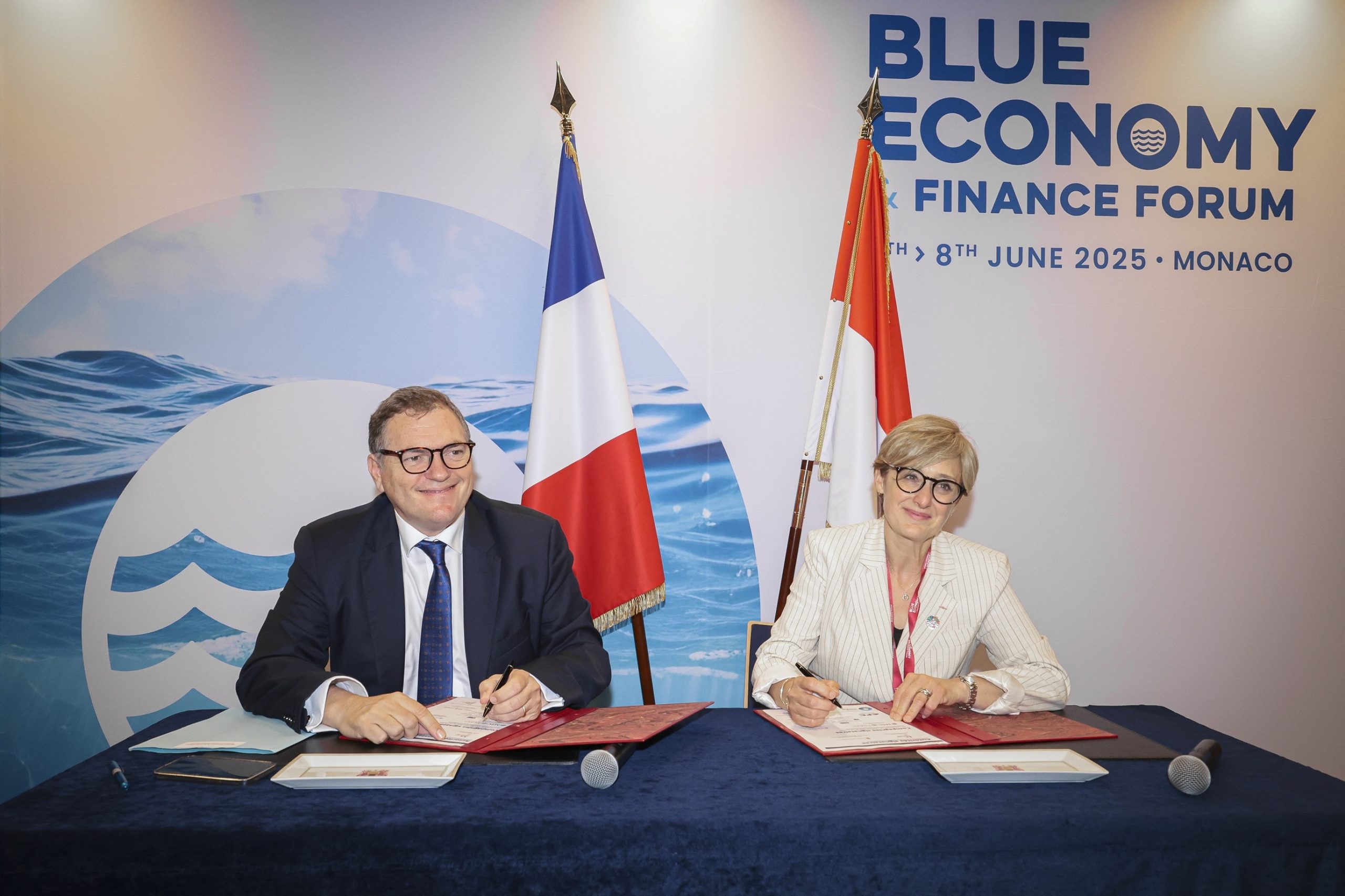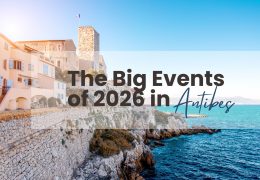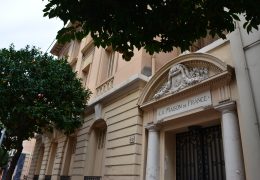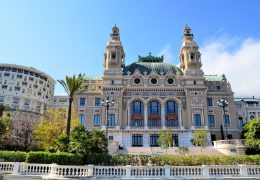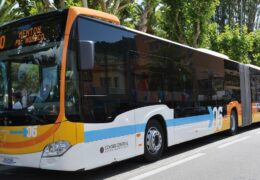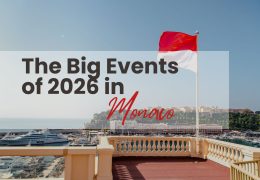UNOC – SIGNING OF THE 2025 MEDITERRANEAN SUSTAINABLE CRUISE CHARTER BY THE PRINCIPALITY OF MONACO, INITIATED BY THE FRENCH GOVERNMENT
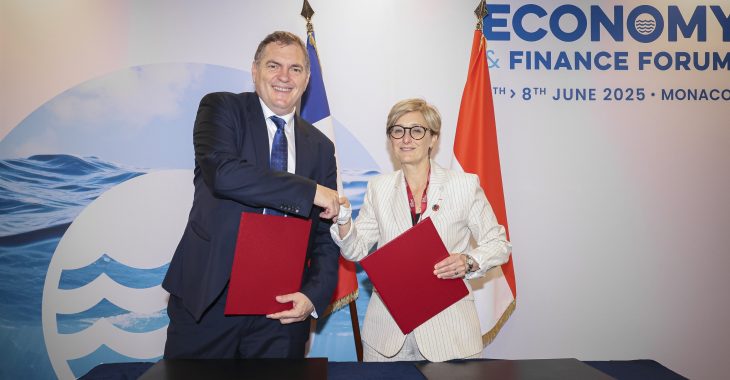
In October 2022, France launched a bold and unprecedented move with the creation of the first Sustainable Cruise Charter for the French Mediterranean, in partnership with major international cruise companies. This voluntary and ambitious framework, led by the French government, was designed to exceed regulatory standards and reduce the environmental impact of cruise tourism along the Mediterranean coast.
A Global First: Government-Led, Ambitious and Unified
The charter outlines strict and uniform environmental commitments across the French Mediterranean ports, covering eight core areas, including biodiversity preservation, waste reduction, air and noise pollution, greenhouse gas emissions, and passenger education.
As part of the UN Ocean Conference, France has now updated the Charter for 2025, with 20 new or reinforced commitments, effective from January 1, 2026, applying to three distinct zones: port areas, territorial waters, and the Particularly Sensitive Sea Area (PSSA) in the northwestern Mediterranean.
🇲🇨 Monaco Joins as a Partner State
With a longstanding commitment to environmental protection, the Principality of Monaco officially joins the 2025 Charter as a partner state, strengthening the Mediterranean-wide effort toward sustainable cruise tourism.
“Our regulations are already among the strictest in Europe, but we believe in collective action,” said Céline Caron-Dagioni, Monaco’s Minister of Public Works, Environment, and Urban Development.
“This charter creates a shared foundation that will help drive progress in the cruise industry and protect our Mediterranean more effectively.”
🔍 Key Measures of the 2025 Charter
Some of the major updates include:
-
Mandatory shore power connection where available during port calls, to reduce air pollution.
-
Tier II (or better) engines required for ships over 250 meters in certain high-traffic ports lacking shore power.
-
Use of Selective Catalytic Reduction (SCR) systems for equipped ships.
-
Air emissions monitoring at port, with mandatory corrective action in case of excessive pollution.
-
Ban on open-loop scrubbers in territorial waters.
-
Prohibition of untreated wastewater discharges in the PSSA zone.
-
Collision-avoidance measures for large cetaceans, including mandatory participation in reporting systems.
-
Waste reduction and valorization, in coordination with port authorities.
-
Limits on noise and light pollution, including restrictions on announcements and underwater lighting.
-
Low-emission transport options required during port stays and excursions.
-
Excursion planning aimed at preventing overcrowding and supporting local economies.
-
Ban on freshwater refueling in regions experiencing drought.
📊 Enforcement and Implementation
All charter signatories will be audited annually by independent third parties, ensuring transparency and accountability. Already, over 50% of cruise stopovers in the French Mediterranean have adopted the revised charter.
🌍 A Collective Vision for a Global Impact
Philippe Tabarot, France’s Minister for Transport, emphasized:
“France has played a pioneering role in rallying global cruise operators around this initiative. With Monaco now onboard, our collective momentum grows stronger. We hope other coastal nations will join us to build a global, responsible cruise model.”


